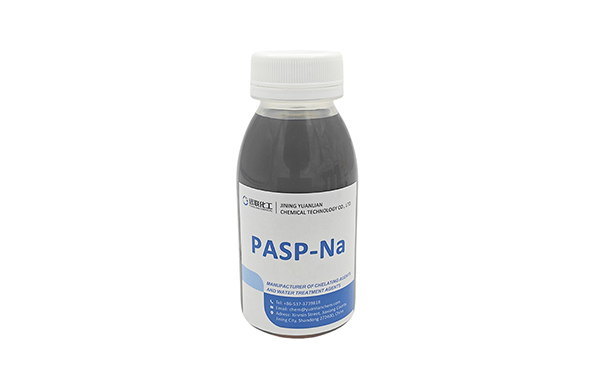
The French Revolution in Green Chemistry: Polyaspartic Acid Changing Our World
In the heart of innovative and eco-conscious France, a remarkable molecule is transforming industries from agriculture to cosmetics while protecting our precious environment.
Imagine a chemical so versatile that it can help crops absorb nutrients more efficiently, prevent scale in industrial water systems, and keep your skin hydrated—all while being completely biodegradable and environmentally friendly. This isn't science fiction; it's polyaspartic acid (PASP), and it's changing the game across multiple industries.

What Exactly is Polyaspartic Acid?
Polyaspartic acid is an amino acid polymer that occurs naturally in snail and mollusk shells. Chemically, it's a water-soluble polyamino acid with a structure that features carboxylate side chains, allowing it to chelate metal ions effectively. Its CAS number is 25608-40-6 or 181828-06-8, and its molecular formula is typically represented as C₄H₆NO₃(C₄H₅NO₃)C₄H₆NO₄, with a molecular weight ranging between 1,000-5,000.What makes PASP truly special is its environmental credentials. Unlike many industrial chemicals, it's non-phosphorous, non-toxic, and completely biodegradable, breaking down harmlessly into water, carbon dioxide, and ammonia.
A Green Champion Born from Innovation
The significance of polyaspartic acid was recognized globally when American company Donlar first developed it and received the "Presidential Green Chemistry Challenge Award" in 1996 for its remarkable properties. Since then, Germany, Japan, and China have all developed their own research and applications for this versatile compound.
The production of PASP aligns with green chemistry principles. It's typically produced through two main methods:
-
Thermal polymerization of L-aspartic acid at high temperatures (350-400°C) to form polysuccinimide, which is then hydrolyzed with alkali
-
Thermal polymerization of maleic anhydride with ammonium salts, followed by hydrolysis and neutralization—a method that produces no waste emissions and is considered particularly environmentally friendly
The Many Faces of Polyaspartic Acid: Applications Across Industries
Yuanlian Chemical specializes in the production of polyaspartic acid (PASP),tetrasodium iminodisuccinate(IDS), GLDA, MGDA etc. with stable quality and excellent quantity!





Contact us